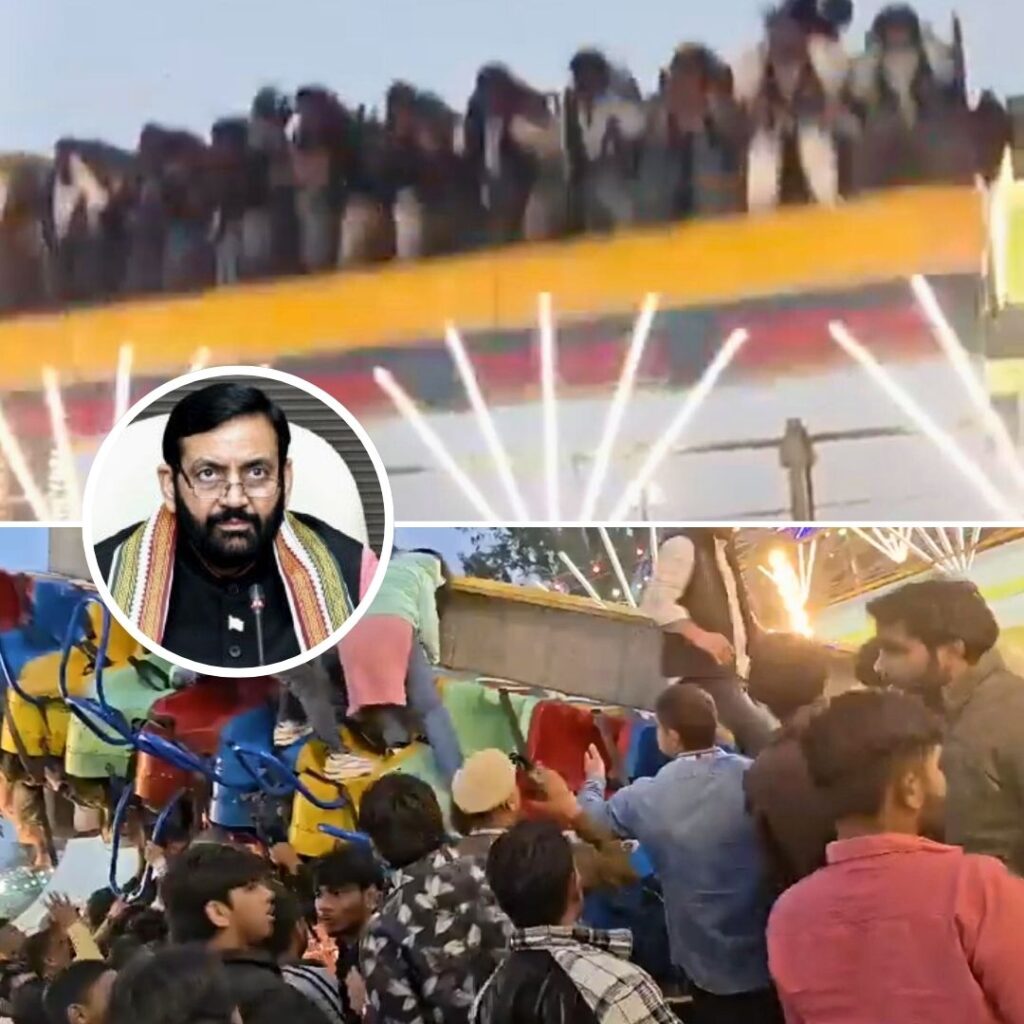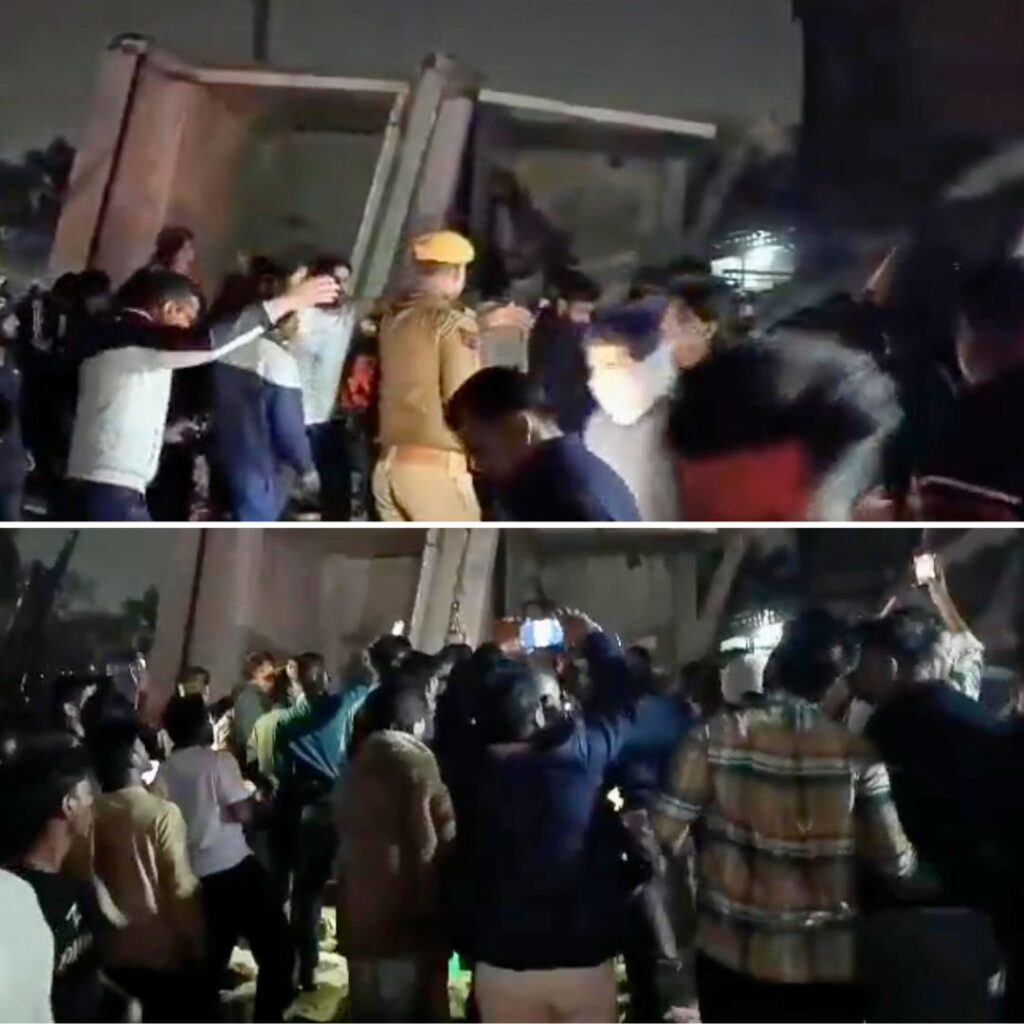There have been numerous reports of fishermen being arrested by the navy for trespassing Lankan waters in the past. They attributed their actions to diminishing aquatic population due to overfishing on Indian shores. Kumar Kali informed us that the population of fish hasn’t reduced at all. Owing to excessive use of heavy motor boats, the corals have corroded over the years. However, there hasn’t been a drastic change in marine life. “There’s enough for everybody here,” he said.
Out of curiosity, we asked him how he managed to differentiate between India and Sri Lanka in the ocean with no scientific gadgets or compass. He guffawed at our remark and reminded us that they all possessed traditional knowledge of maritime environments.
 “We are fishermen. We use our natural instincts to guide us back. We can never be lost in the ocean. No matter where we are, we will always find our way home. We can read the characteristics of wind and water with great ease. At night, if you happen to see lights ashore, it means you have drifted off in the wrong direction. Dhanushkodi doesn’t have electricity. The whole town is enshrouded in darkness. Since it was declared uninhabitable, the government cannot lay electrical lines here. I can take you to Sri Lanka on my boat some day. It isn’t very far from here but it might be slightly difficult to go there for we have learnt to draw boundaries on water today,” he said.
“We are fishermen. We use our natural instincts to guide us back. We can never be lost in the ocean. No matter where we are, we will always find our way home. We can read the characteristics of wind and water with great ease. At night, if you happen to see lights ashore, it means you have drifted off in the wrong direction. Dhanushkodi doesn’t have electricity. The whole town is enshrouded in darkness. Since it was declared uninhabitable, the government cannot lay electrical lines here. I can take you to Sri Lanka on my boat some day. It isn’t very far from here but it might be slightly difficult to go there for we have learnt to draw boundaries on water today,” he said.
Far beyond the horizon, across the realms of water and celestial spheres, lies a land where meet two clans different in body but one in spirit. On an isolated island that took its first breath with a volcanic eruption in the 14th century, 5,000 fishermen from India and Sri Lanka gather at Kachchathivu situated in the Indian Ocean every year. Unlike the rest of the year, that particular day their union is celebrated. There are no lines, contours or maps drawing them apart. That day, no one reminds them they are different; that they do not belong together.

“The island is about 11 km from Dhanushkodi and 16 km from the Sri Lankan border. We come together to celebrate a festival called Kachchathiva Tirula. The Sri Lankan navy encircles the island which stretches around 1 km in diameter. At night, you see their bright orbs of light hovering above as you stare at the starlit sky. The celebrations go on for two days. You have to declare all the items you carry. There are no restrictions imposed by societal norms. We drink, dance and make merry. Brothers meet brothers and friends rejoice in each other’s arms. People fall in love and never depart,” said Kumar as he drew the charted course towards the island on sand.
He also confessed that there have been instances of Indian brides moving to Sri Lanka and Lankan brides being welcomed on Indian shores. We asked him if they ever faced any legal trouble or had difficulties in ensuring authorised paperwork coming through. “No. As long as you renounce the citizenship of one country and adopt the other, there won’t be a problem. Besides, we are normal fishermen and the authorities are usually co-operative in such cases,” he said with a beaming smile.
Originally belonging to the Ramanad Kingdom before independence, Kachchathivu was recognised as a part of the Lankan territory by India on a controversial conditional agreement in 1974. While the British advocated shared occupancy, Sri Lanka started claiming it as their own in 1921. Over the next few decades, their persistence in ascertaining control over the island evoked the wrath of myriad Parliamentarians all over the country and especially in Tamil Nadu. Since the area held prime importance with respect to culture and religion to the fishermen community, the decision was challenged in the Supreme Court.
However, the agreement could neither be dissolved nor amended. Although initially Indians were allowed to fish around the island, the Sri Lankan navy made it exceedingly difficult for fishermen to continue to do so by expressing their concerns over illegal smuggling of weapons to Liberation Tigers of Tamil Eelam (LTTE). Soon, the situation got dire with numerous reports of Tamil fishermen being killed by Lankan armed forces. Many were jailed and wrongfully convicted. Eventually, the Lankan government was granted full access and control over Kachchathivu against the wishes of the fishermen and state government.
While Tamil Nadu believed that the move was unconstitutional, the central government maintains they were not in breach of the constitution since the island was always in dispute and wasn’t defined in conventional territorial limits. Kumar too expressed his discontent on the island being handed over to Sri Lanka. He believed that the government failed to take into consideration the repercussions it might have had on the fishing community.
After a while, the conversation veered towards Kaliambalam. He pointed at a semi-permanent structure where his father once resided and told us that his older brother lived there now. As he continued to explain the history of Dhanushkodi, a young girl named Kaushalya walked towards us with a coy smile. She had a bag full of shells and quoted a nominal price for each of them.
Kumar shooed her away and reprimanded her for whiling away her time instead of studying. “These kids don’t go to school. They want easy money. Since they are young, everything seems like an adventure to them. Their parents don’t care. They don’t know what it means to be alone and without any work or future. They don’t realise that their children will pay a heavy price for their indifference. I regret not going to school. Maybe my life would have been different. May be not. Nonetheless, I want my kids to get a decent education. I want them to have hopes and aspirations that exceed mine. I’d like to give them everything I could never have,” said Kumar.
(to be continued…)
For the third part of the story, kindly visit the link: Once Called “Mini Singapore Of India”, This Land Perished In A Single Cyclone, Leaving Just 2 Survivors
For the third part of the story, kindly visit the link: My Story: This Is Our Home. This Is Where We Made Our First Memory & Hope That The Last One Would Be Made Here Itself
For the third part of the story, kindly visit the link: My Story: No One Wanted To Marry Her Because She Was Dark-Skinned And Heavy
This story is an effort by The Logical Indian in collaboration with Rest Of My Family towards bringing stories which need much attention.
Submitted By Akshatha Shetty & Photos By Piyush Goswami











